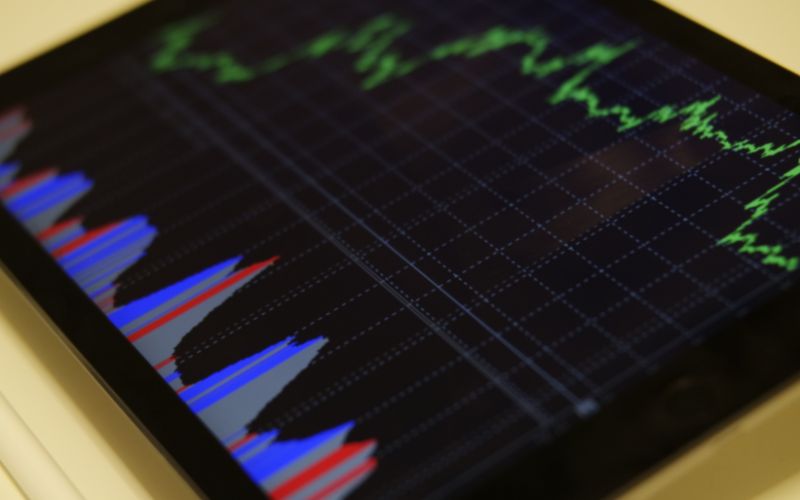
Pharmaceutical Industry Trends - Data analytics will accelerate biotechnology innovation
Data analytics is revolutionising the pharmaceutical industry and biotechnology innovation. By leveraging data-driven insights, pharmaceutical companies can gain a better understanding of how drugs interact with different molecules and cellular components to create new treatments. Additionally, data analytics can enable pharmaceutical companies to assess drug safety and effectiveness at an unprecedented level of accuracy. Through the use of predictive analytics models, pharmaceutical companies can more accurately determine which compounds are most likely to become successful treatments in clinical trials, thus significantly reducing costs associated with research and development. Furthermore, data analytics can help pharmaceutical companies identify new therapeutic targets within the human body that could lead to innovative treatments or cures for diseases currently considered incurable. The potential of these applications makes it clear that data analytics will play a major role in biotechnology innovation, accelerating the development of drugs and treatments that can save lives.
Given the rising information about genetics and diseases, the life sciences industry is interlinked with data analytics as at no other time. Investigating large amounts of data can be particularly valuable for distinguishing explicit examples in clinical preliminary outcomes and improving drug development. Understanding certain examples in enormous information can likewise assist producers with anticipating patient reactions to prescriptions and examining analytical outcomes more productively. Moreover, the market for information investigation is supposed to quickly grow. As per Shanhong Liu, an exploration master in the worldwide programming improvement industry, the size of the business knowledge and examination programming application market will stretch around $16.5 billion in 2022.
Here are some of the advantages of implementing big data analytics in the drug and medical services enterprises:
Early-stage disease detection and high-risk patient identification. Today, it is feasible to distinguish explicit examples of how a patient is probably going to utilise drugs. Having these current expectations is a particularly useful device in oncology and nervous system science.
Preventative care strengthening. Big data analytics permits medical care experts to choose therapy designs that are tailor-made for the extraordinary requirements of their patients.
Modelling of disease spreading and the development of new mass disease prevention strategies. Advances can make it conceivable to forestall and control pandemics through close contact screening, online popular assessment observing, virus-host analysis, and pandemic forecasting.
All in all, data analytics is paving the way for pharmaceutical companies to develop more effective treatments faster than ever before. This will lead to greater advances in biotechnology, bringing improvement to numerous areas of human health and well-being. Ultimately, data analytics will be instrumental in transforming pharmaceutical innovation and making lifesaving treatments available to those who need them most.
Data analytics applications inside the pharmaceutical industry are as yet joined by difficulties, like tracking down the right partners and administrative skills for cutting-edge development. Be that as it may, 2023 is probably going to see progress in this field.



